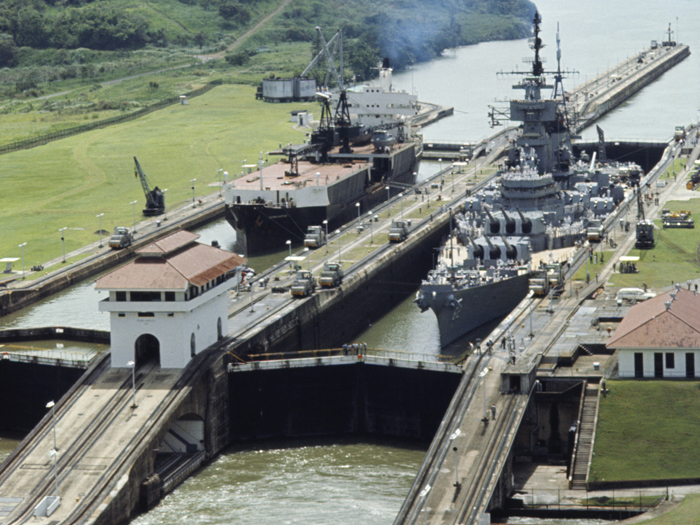Global Shipping
Full Speed Ahead

Any further delays to widen the Panama Canal could have far-reaching cost implications for all parties involved in the construction project and the shipping companies and exporters who use the Canal, a marine risk expert warned.
The Panama Canal Authority (ACP) signed a deal this month to end a four-month dispute — and a two-week work stoppage — over $1.6 billion in cost overruns claimed by the Grupo Unido por el Canal consortium (GUPC) carrying out the work. The dispute had threatened to derail the whole project, which now is expected to cost nearly $7 billion.
Under the terms of the agreement, the Authority and the Spanish-led construction consortium will each invest an extra $100 million in the project.
Zurich North America, which holds $400 million surety bond on the project, “worked diligently with the ACP and GUPC to reach an agreement on the matter and fortunately the two sides have had a successful negotiation,” said Michael Bond, head of surety, Zurich North America. “We congratulate both of them on effectively reaching a favorable outcome. Zurich was glad to have played a role in a solution that brought the project forward.”
When the Canal expansion is completed in December 2015, the new third lock will house 12 giant lock gates designed to allow larger cargo ships through, and double the shipping lane’s capacity.
But Douglas Sakamoto, class underwriter, marine, Liberty Specialty Markets, warned that any further interruptions could result in shipping delays, increased costs and lost shipping tolls.
“The forecast for work to be completed has changed from 2014 to 2015, which is still not a massive delay when compared to the dimension of the work and the expectation in terms of international trade turnaround,” Sakamoto said.
“However, a longer delay could impact several international trade industries since there are lots of related ongoing investments, such as work on several international ports to adapt them to the new vessels, and orders placed for the new-Panamax vessels.
“If the work can’t be completed for any reason and costs still continue increasing, there are a number of serious implications such as the termination of the agreement with the current consortium, and the bond policy may be required in order to provide the extra amount needed to complete the work.”
When done, the Panama Canal Authority is expected to double the $1 billion in revenue it currently receives from shipping tolls.
With more than 13,000 ships passing through the Canal every year, Sakamoto said, construction delays could mean restrictions in the amount of goods producers can export as well as increasing the time it takes to ship the goods.
He noted that producers of commodities, such as LNG, which are exported from the U.S. Gulf Coast to target markets like Asia and the west coast of Latin America could be affected.
In addition, grain producers in the Brazilian ports of Itaqui, Suape and Pecém would also lose out on shorter shipping times, he said.
Shipping companies that have invested heavily in new-Panamax vessels orders several years ago would similarly miss out on vital revenue, Sakamoto said.
International port authorities that have poured vast amounts of money into developing their ports for larger vessels and cargo volumes would also be adversely affected, Sakamoto said.
Pressure to meet the new deadline for completion of 2015, he said, could also impact labor force costs and suppliers.
“The Panama Canal construction project has been highly debated,” said a spokesman for Allianz Global Corporate Specialty, “but it’s actually not unusual for a large construction project to run over/get delayed. In fact, that’s why with project cargo coverage, there is a particular element called ‘delay in start up’ protection to help mitigate that risk.”
Work on the Canal project is now 70 percent complete; however the delay has come at a considerable cost to Sacyr, the Spanish building company that is leading the consortium, which saw its share price drop 6.9 percent this month following a breakdown in initial talks.










